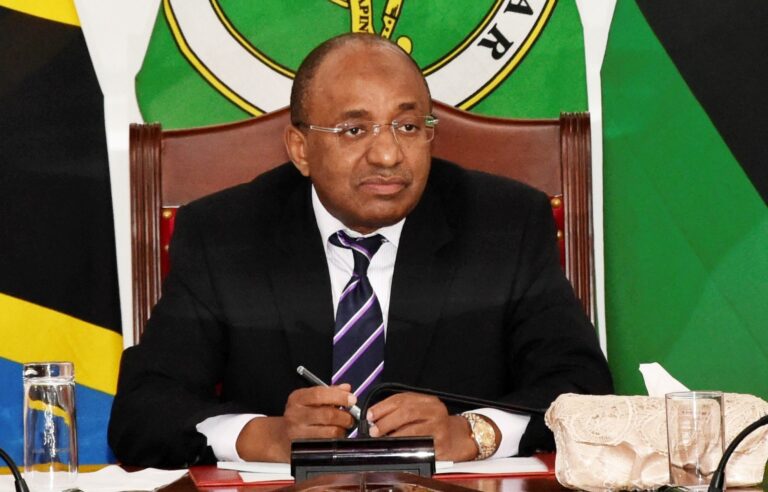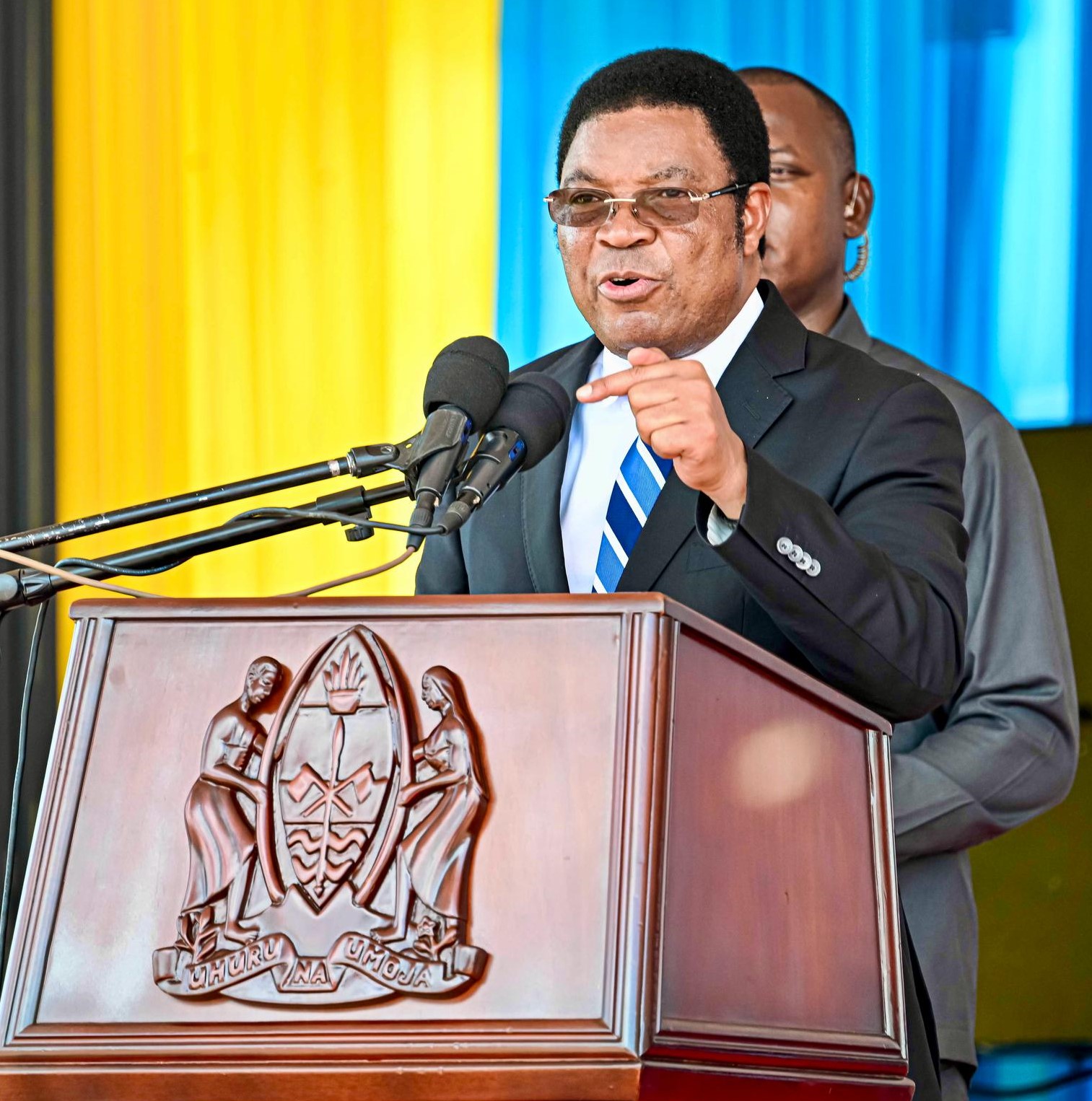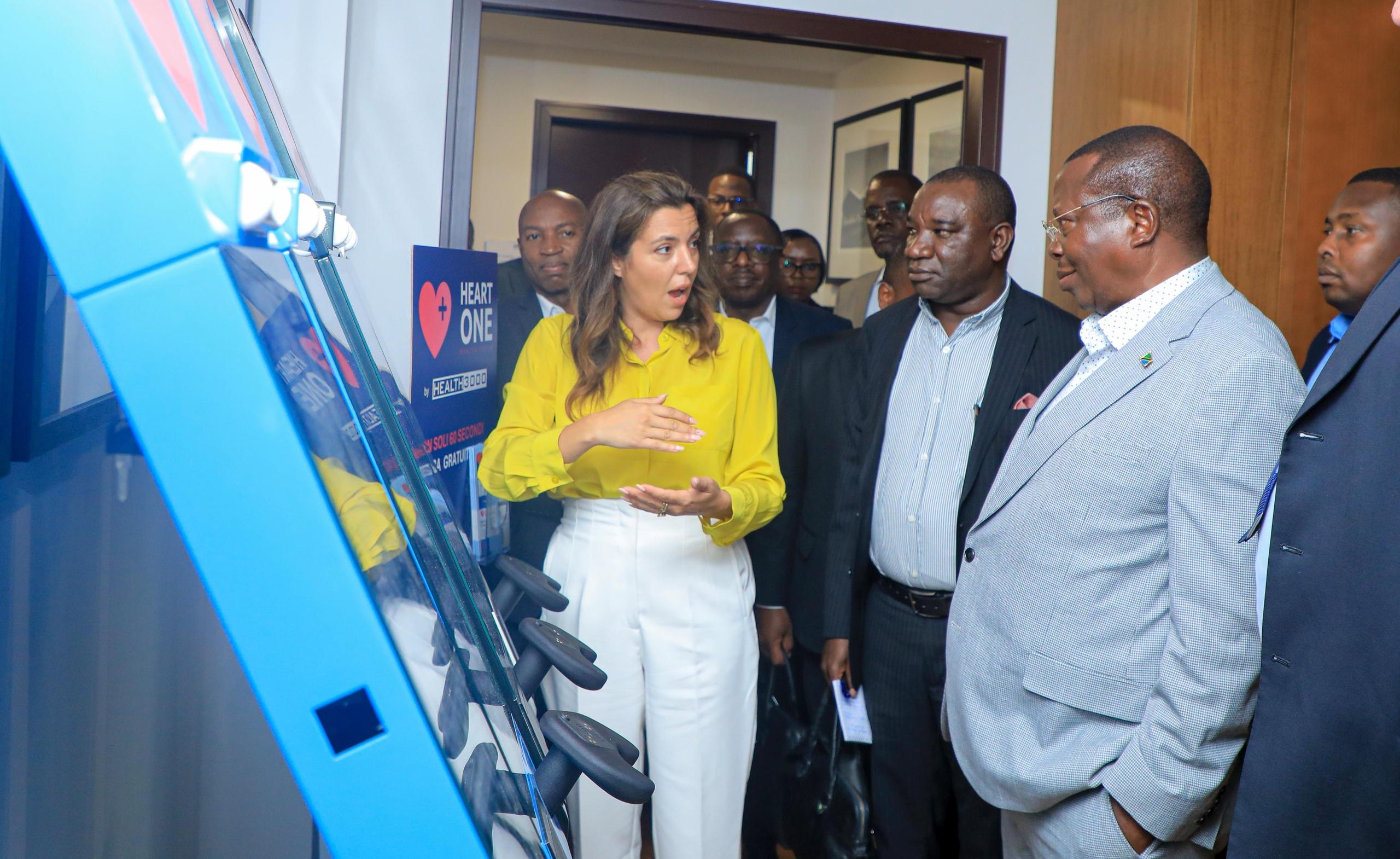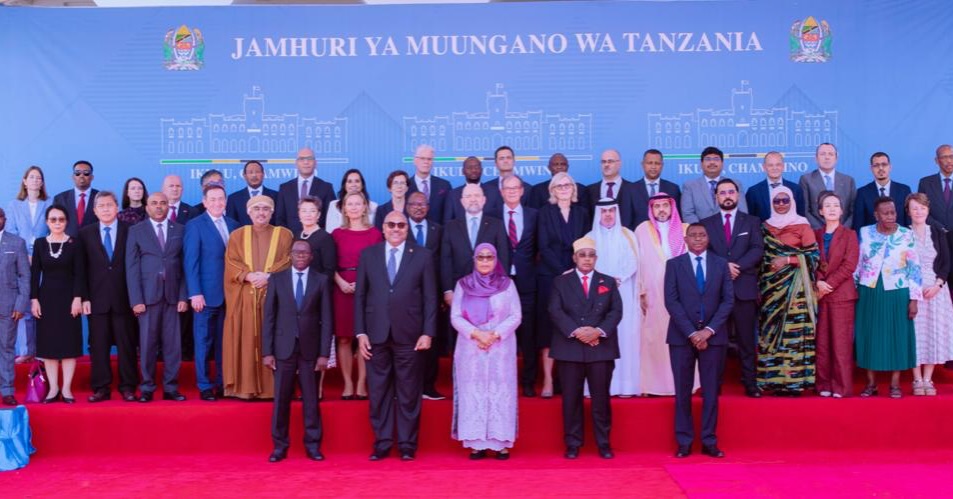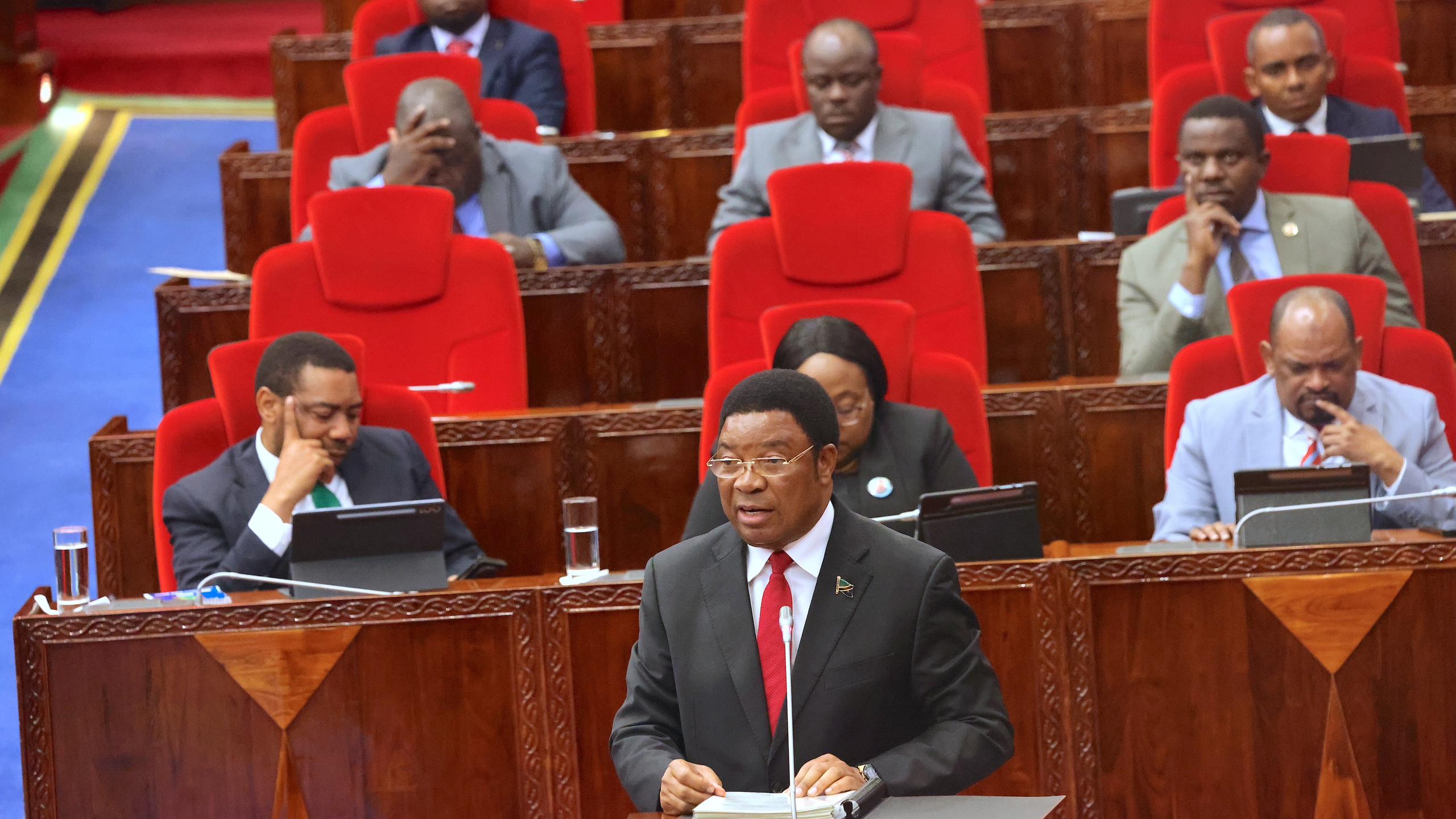Zanzibar. President and Chairman of the Revolutionary Council, Dr Hussein Ali Mwinyi, on November 13, 2025 unveiled a restructured cabinet of 20 ministries as he begins his second five-year term, stressing a sharper focus on performance, digitisation and youth employment.
Announcing the appointments at State House, Dr Mwinyi said the expansion, from 18 to 20 ministries, and the reorganisation of several portfolios were intended to enhance efficiency and respond to new national priorities, notably the digital transformation agenda and the ‘Blue Economy’ thrust.
He also announced that four ministries would remain vacant until the opposition party ACT-Wazalendo decides whether to join a Government of National Unity (GNU) within the constitutionally prescribed 90-day window.
“The objective is simple: professionalism, accountability and visible results for citizens,” the President said, underlining that a performance evaluation mechanism will be used to hold senior officials to account.
Full list of appointments announced on November 13, 2025 is as follows;
Ministers
Dr Haroun Ali Suleiman — Minister of State, President’s Office (Constitution, Legal Affairs, Public Service and Good Governance).
Dr Saada Mkuya Salum — Minister of State, President’s Office (State House).
Dr Juma Malik Akil — Minister of Finance and Planning.
Idrissa Kitwana Mustafa — Minister of State, President’s Office (Regional Administration, Local Governments and Special Departments).
Shariff Ali Shariff — Minister of Labour and Investment.
Hamza Hassan Juma — Minister of State, Office of the Second Vice-President (Policy, Coordination and the House of Representatives).
Rahma Kassim Ali — Minister of Land and Housing Development.
Lela Muhamed Mussa — Minister of Education and Vocational Training.
Shaaban Ali Othman — Minister of Youth, Employment and Empowerment.
Suleiman Masoud Makame — Minister of Agriculture, Irrigation, Natural Resources and Livestock.
Nadir Abdullatif Alwardy — Minister of Water, Energy and Minerals.
Masoud Ali Mohammed — Minister of Blue Economy and Fisheries.
Dr Khalid Salum Mohamed — Minister of Infrastructure and Transport.
Anna Athanas Paul — Minister of Social Development, Gender, Elderly and Children.
Mudrik Ramadhan Soraga — Minister of Communication, Information Technology and Innovation.
Riziki Pembe Juma — Minister of Information, Arts, Culture and Sports.
Deputy Ministers
Badria Attai Masoud — Deputy Minister, Infrastructure and Transport.
Dr Hamad Omar Bakari — Deputy Minister, Finance and Planning.
Ali Abdulgullam Hussein — Deputy Minister, Information, Arts, Culture and Sports.
Zawadi Amour Nassor — Deputy Minister, Social Development, Gender, Elderly and Children.
Salha Mohamed Mwinjuma — Deputy Minister, Land and Housing Development.
Seif Kombo Pandu — Deputy Minister, Water, Energy and Minerals.
Dr Salum Soud Hamid — Deputy Minister, Agriculture, Irrigation, Natural Resources and Livestock.
Mboja Ramadhan Mshenga — Deputy Minister, Blue Economy and Fisheries.
Mohamed Sijiamini Mohamed — Deputy Minister, Communication, Information Technology and Innovation.
Hassan Khamis Hafidh — Deputy Minister, Youth, Employment and Empowerment.
Khadija Salum Ali — Deputy Minister, Education and Vocational Training.
Vacancies and GNU arrangements
Dr Mwinyi said four key positions, notably the Office of the First Vice-President, the Ministry of Health, the Ministry of Trade and Industrial Development, and the Ministry of Tourism and Heritage, were being left vacant pending discussions with ACT-Wazalendo.
Those slots will be filled should the opposition accept the invitation to join the GNU within the 90-day constitutional period.
Political commentators have interpreted the move as both an olive branch to the opposition and a means for the President to shape a leaner, performance-oriented executive while preserving the GNU framework.
What to expect
The new cabinet signals an administration intent on accelerating the digital agenda, tackling youth unemployment and consolidating blue economy initiatives.
Dr Mwinyi made clear that ministers will be judged by outcomes rather than tenure, and warned that those who fail to deliver will be replaced.

